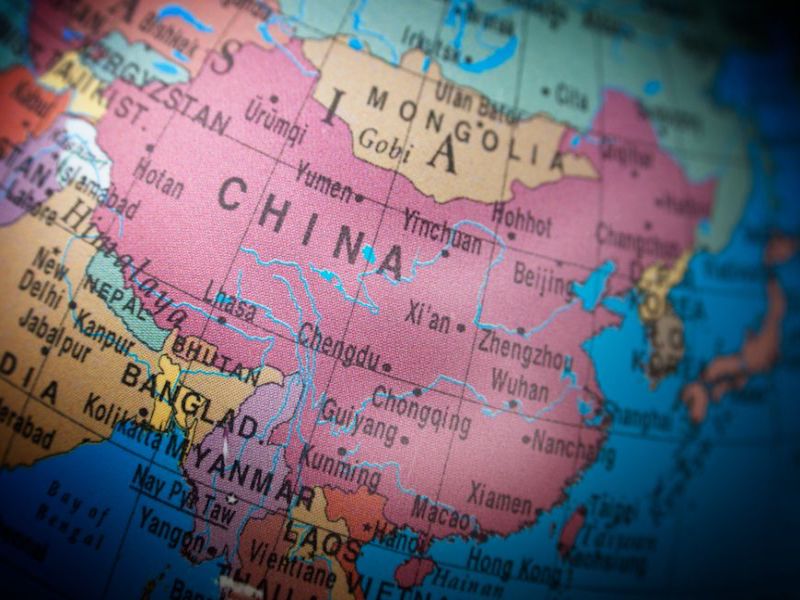
Nine Canadian public sector pension plans are passively invested in companies with evidenced involvement in the persecution of Uyghurs in China, according to a new report by U.K. think tank Hong Kong Watch.
The report includes three federal and six provincial pension investment organizations — among more than 30 global institutional investors — as passive investors in companies linked to the use of forced Uyghur labour or the construction of internment facilities imprisoning members of the minority group.
The investment organizations’ exposures come through allocations to at least one of two exchange-traded funds: the MSCI emerging markets index fund and the MSCI China index fund.
Read: BCI, CPPIB and OTPP investments tied to human rights abuses in China, finds watchdog
The Canadian investment organizations are: the Alberta Investment Management Corp., the British Columbia Investment Management Corp., the Canada Pension Plan Investment Board, the Caisse de dépôt et placement du Québec, the Civil Service Superannuation Board, the Investment Management Corp. of Ontario, Alberta’s Local Authorities Pension Plan, the Ontario Pension Board and the Public Sector Pension Investment Board. The report also named 11 U.K. and 14 U.S. pension investment organizations as beneficiaries of one or both ETFs.
“So many people’s pensions, retirement funds and savings are invested passively because, as average consumers, we don’t have time to investigate each and every investment,” said the report’s lead author Laura Murphy, professor of human rights and contemporary slavery at the Helena Kennedy Centre for International Justice at Sheffield Hallam University, in a press release.
“Investing in companies operating in the Uyghur Region is a serious ethical risk, but it’s also a financial risk since these companies have been targeted by government sanctions and international advocacy campaigns. No one should be passively invested in the oppression of the Uyghurs.”
Since 2014, the Chinese government has pursued policies targeting members of the majority Muslim Uighur community. According to a United Nations’ report, more than a million people have been held in internment facilities, officially referred to as vocational education and training centres.
Read: ESG investing and human rights: “Ignorance is no longer an excuse”
In January 2021, U.S. President Joe Biden’s administration described the tactics being used by the Chinese government as a “genocide.” In February, Canada’s parliament passed a resolution that described the persecution using the same term.
Several of the pension investment organizations in the report have cast doubt on the claims on the basis that the paper refers to synthetic positions taken by the organizations, rather than to direct investments.
According to a statement from the AIMCo, the companies featured in the report aren’t found in its foreign publicly traded equity holdings list. “We can confirm the majority of our holdings in [the] MSCI emerging markets index fund and MSCI China index fund are synthetic positions, meaning we aren’t materially invested in the companies mentioned in the report.”
The CPPIB also noted its exposure to the companies named in the report didn’t involve direct investments. “We also gain exposure to broad markets through synthetic, index-based instruments obtained through derivative contracts. Any exposures to the indices noted are all via these synthetic derivatives and so do not involve capital flowing to the index constituents themselves.”
And a statement from the Caisse said it had no direct investments in the companies named in the report. “CDPQ applies rigorous [environmental, social and governance] criteria to all its investments. These criteria prevent us from investing in companies that go against human rights principles. We have no direct investments in the companies the article refers to.”
Read: To divest or not to divest? CalSTRS’ CIO talks firearms and private prisons
